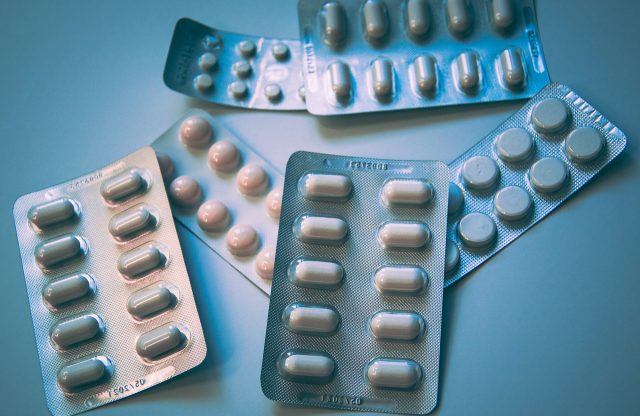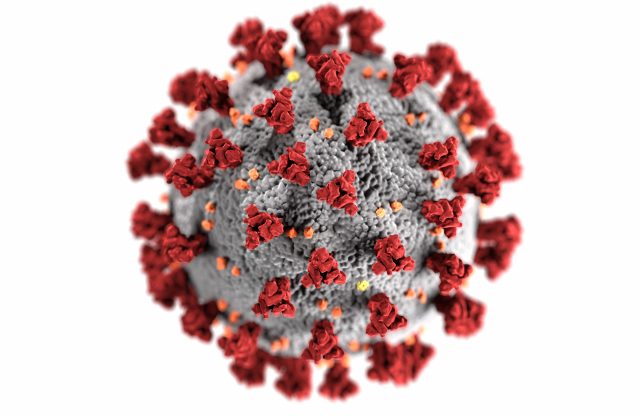Dr Robert Hess: In case of Covid-19 infection – overview of current MAB treatment options.

Dr Robert Hess – 11/11/2021
Dr Robert Hess: In case of Covid-19 infection – overview of current MAB treatment options.
Currently, three anti-SARS-CoV-2 MAB products have received Emergency Use Authorization (EUA) from the FDA for the treatment of mild to moderate COVID-19 in non-hospitalized patients with laboratory-confirmed SARS-CoV-2 infection who are at high risk for progressing to severe disease and/or hospitalization. The issuance of an EUA does not constitute FDA approval.
These products are:
– Bamlanivimab plus etesevimab (US manufacturer Eli Lilly): These are neutralizing MABs that bind to different, but overlapping, epitopes in the spike protein RBD of SARS-CoV-2. The distribution of bamlanivimab plus etesevimab was paused in the United States because both the Gamma (P.1) and Beta (B.1.351) variants have reduced susceptibility to bamlanivimab and etesevimab. However, distribution of the agents has been reinstated in states with low rates of these and other variants that have reduced susceptibility to bamlanivimab and etesevimab.
– Casirivimab plus imdevimab: REGEN-COV. These are recombinant human MABs that bind to nonoverlapping epitopes of the spike protein RBD of SARS-CoV-2.
– Sotrovimab. This MAB was originally identified in 2003 from a SARS-CoV survivor. It targets an epitope in the RBD of the spike protein that is conserved between SARS-CoV and SARS-CoV-2.
Post- Exposure Prophylaxis:
The FDA has expanded the EUAs for bamlanivimab plus etesevimab and casirivimab plus imdevimab (REGEN-COV) to authorize their use as post-exposure prophylaxis (PEP) for certain individuals who are at high risk of acquiring SARS-CoV-2 infection and, if infected, are at high risk of progressing to serious illness.
Recommendations and Dosage:
The COVID-19 Treatment Guidelines Panel recommends using one of the anti-SARS-CoV-2 MAB products listed above (listed alphabetically and not in order of preference) to treat non-hospitalized patients with mild to moderate COVID-19 who are at high risk of clinical progression:
Bamlanivimab 700 mg plus etesevimab 1,400 mg administered as an intravenous (IV) infusion in regions where the combined frequency of potentially resistant SARS-CoV-2 variants is low
Casirivimab 600 mg plus imdevimab 600 mg administered as an IV infusion or as subcutaneous (SQ) injections
Sotrovimab 500 mg administered as an IV infusion.
When using anti-SARS-CoV-2 MABs, treatment should be started as soon as possible after the patient receives a positive result on a SARS-CoV-2 test and within 10 days of symptom onset.
Monitoring:
The authorized anti-SARS-CoV-2 MABs should be administered by IV infusion or SQ injections and should only be administered in health care settings by qualified health care providers who have immediate access to emergency medical services and medications that treat infusion-related reactions. Patients should be monitored during the IV infusion or SQ injections and for at least 1 hour after the infusion or injections are completed.
This is an overview information sheet. If you find yourself in the position of having a Covid-19 infection or needing MAB therapy, please contact us immediately.
In addition to MAB therapy, there are other factors that need to be considered and therefore it is important that you contact us to help you manage such a situation as best you can.

